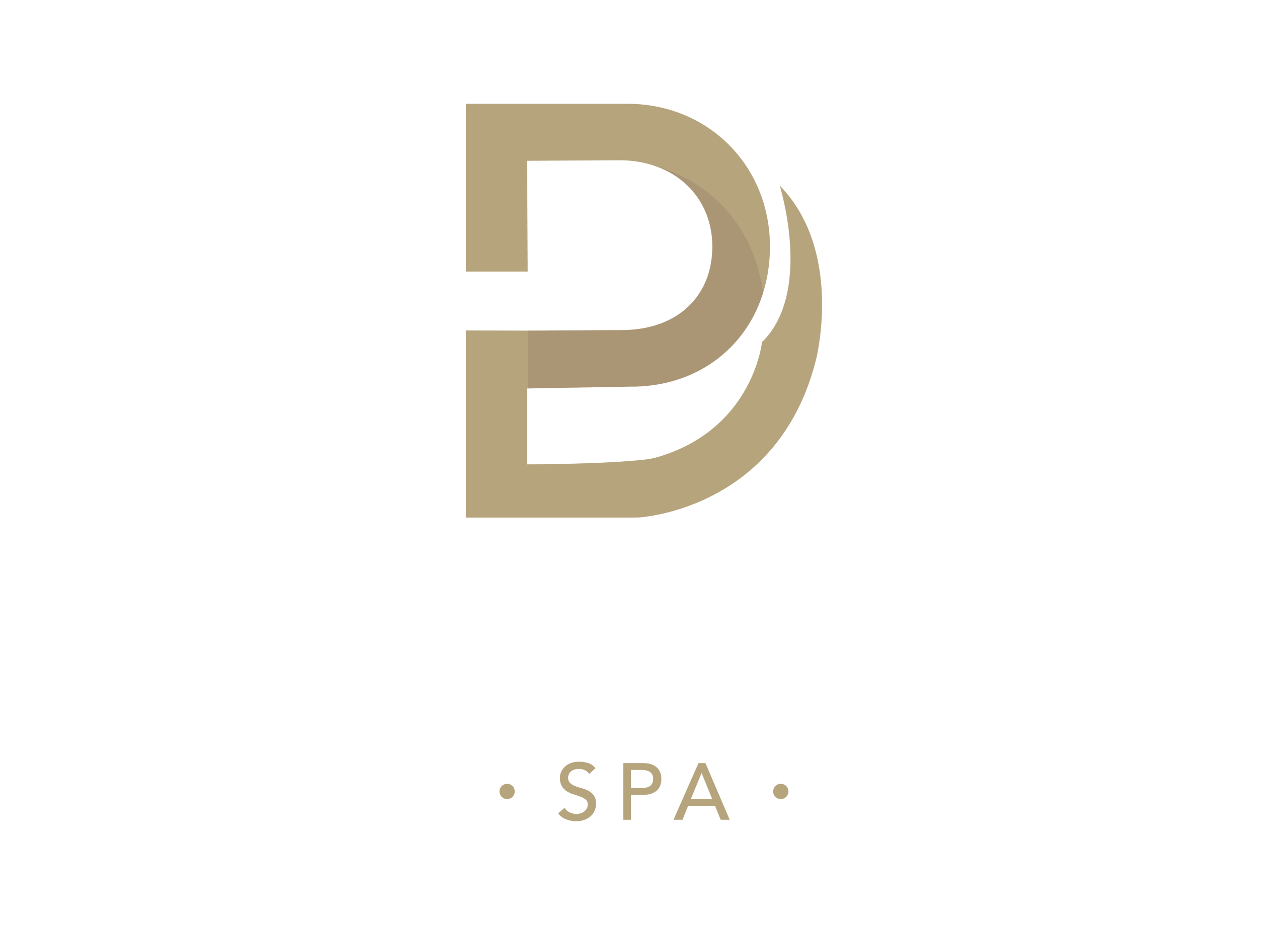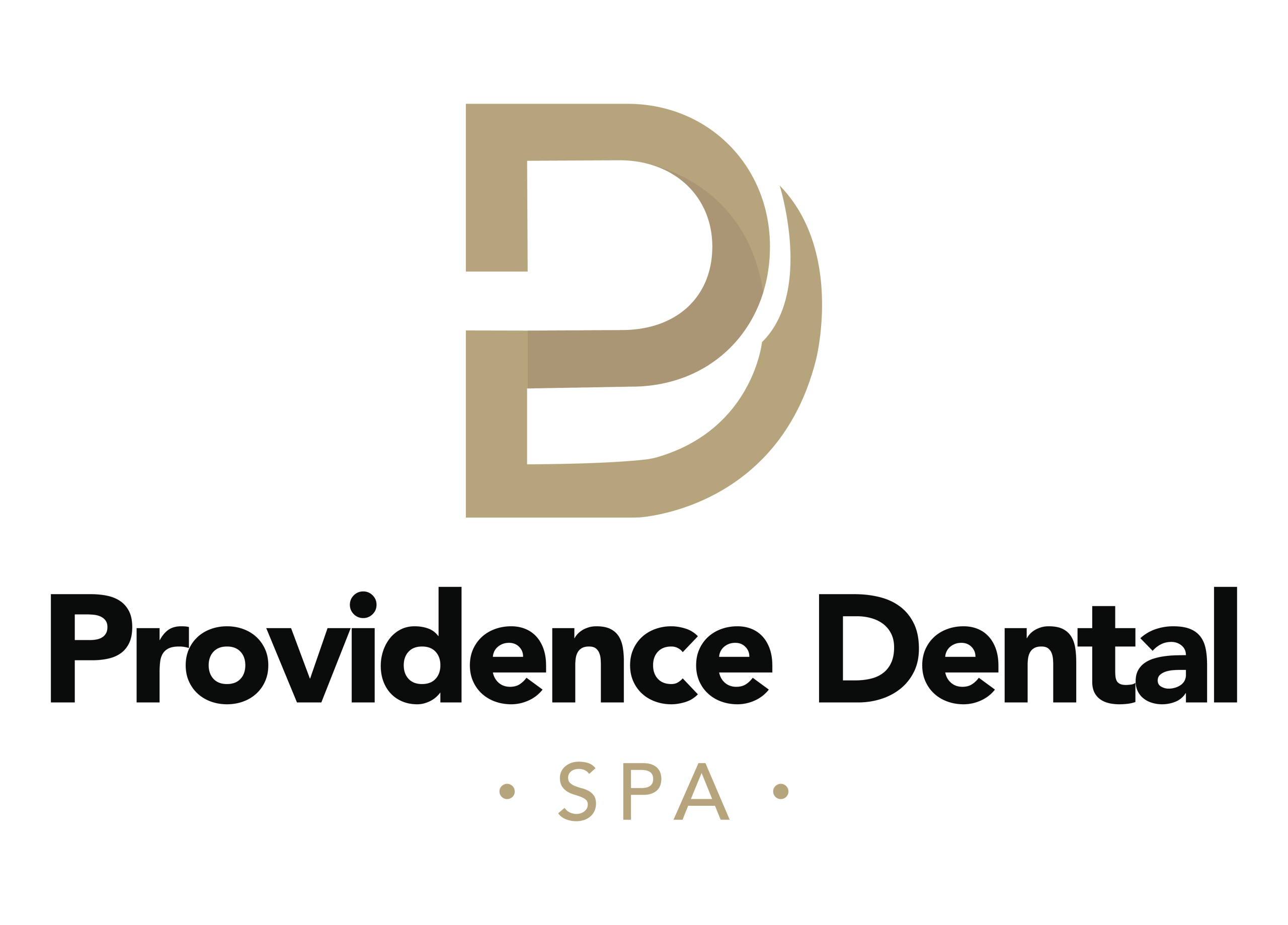Dental cleanings are an important part of maintaining your teeth’s health and wellness. Not only does it help to preserve the aesthetic look of your mouth, but it can also allow a dentist to identify any potential issues and begin the necessary preventative care.
Did you know that there is a difference between the process of regular cleaning and deep cleaning? There is. You may be wondering, what are the differences, and is there ever a time when the latter is necessary?
Take a look at our insights, as well as advice from Heather, a dental hygienist at Providence Spa Dental:
What is Deep Cleaning Teeth?
Deep cleaning is necessary when tarter and bacteria have moved beyond the teeth and invaded the gums. Pockets can sometimes form and house the bacteria and tartar, resulting in gum disease. If not addressed, the issue can lead to severe problems such as tooth loss.
Heather shared the differences between patients who need regular cleanings and those who need a deep cleaning:
“A regular cleaning is for someone who has pink, firm, tight, and healthy gum tissue. They have healthy bone levels no inflammation and bleeding. We are staying general and above the gum line.”
Typically, regular cleanings will likely only address tartar build-up on the teeth, whereas a deep cleaning is more extensive and will take care of tartar that has formed on the gum. Deep cleaning involves scaling and rooting. The former is a process of removing plaque and tartar from a tooth’s surface and any gum pockets that have emerged. Deep cleaning, on the other hand, removes tartar from a tooth’s root.
How Often Should You Get Your Teeth Cleaned?
It’s crucial that you schedule an appointment to clean your teeth every six months. This step will allow a dentist to spot any potential issues and determine if a deep teeth cleaning is necessary to prevent severe dental problems. Dentists can schedule teeth cleanings six months in advance once you receive the current cleaning and send reminders as the appointment comes up.
It’s also important to realize that everyone’s dental health is different. Heather has seen individuals who haven’t had a deep cleaning in years, not need one, while others may need more attention after a year:
“It’s not one size fits all,” she explains.
How Long Does a Deep Cleaning Take?
While most regular cleanings will typically take 30 minutes to an hour, a deep cleaning could last one or two hours. The timing of the procedure will depend on how much work the dentist needs to do to remove the plaque and tartar and address any underlying issues.
What Are the Benefits of Deep Cleaning Teeth?
There are numerous perks associated with receiving a deep cleaning:
- Catch up on cleaning and managing your teeth if you haven’t received a cleaning in over six months.
- Manage and reduce the impact of symptoms that occur as a result of gingivitis and periodontitis.
- Prevent gum disease.
- Protect your teeth’s roots.
- Get rid of foul dental odors.
- Treat a potential infection.
- Take care of inflammation below the gum line.
Not receiving a deep cleaning when you need one can have a lasting negative effect on your dental health:
We have to do a deep cleaning or scaling and root planting on someone when they have periodontal disease, and they have inflammation of the tissue and calculus build up under the gum line that’s causing inflammation. This can cause the bone level to drop, which in the long run can lead to loss of teeth or mobile teeth, says Heather.
If you already have gum disease, are experiencing redness or swelling along the gum line, notice any bleeding gums, and haven’t had a regular cleaning in over six months, a deep cleaning is likely necessary.
The team at Providence Spa Dental are skilled at helping to address severe dental problems while also offering gentle and soothing care. If you need either a regular or deep cleaning, reach us at 478-779-1740 to schedule an appointment.

